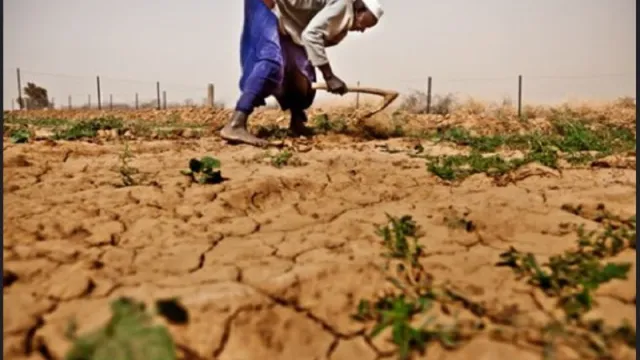Kenya’s growth to dip next year on declining horticulture exports, tourist numbers – World Bank

Kenya’s growth to dip next year on declining horticulture exports, tourist numbers – World Bank
Kenya's economic growth is projected to ease to 5 percent in 2023 from an estimated 5.5 percent this year, the World Bank said on Thursday, noting that recovery from the Covid-19 hit could have lost steam.
In its latest Kenya Economic Update the country's economy could also experience a drop in demand for horticulture exports and visits by tourists from advanced economies due to a global downturn in economic activities.
In the period to June 2022, Kenya’s economy continued to rebound from the pandemic with real gross domestic product (GDP) increasing by 6 percent in the half on account of an upswing in the services and industry activities.
At the moment, Kenya is grappling with global shocks such as high inflation, high import costs, and a looming recession.
The 26th edition of the Kenya Economic Update noted that the ongoing worst drought in 40 years and the runaway cost-of-living increases have hit households across the country.
In the six months to June, Kenya's agriculture industry contracted by 1.5 percent, with the sector contributing a mere one-fifth of GDP. Its poor performance slowed GDP growth by 0.3 percent
"On the domestic front, risks can emanate from fiscal slippages," the World Bank explained in anticipation of higher spending by President William Ruto's new administration.
Dr Ruto was elected into office in August riding on pro-poor promises to tackle the high costs of living for citizens, a strategy that is likely going to exert fiscal pressure on the budget, the bank said.
Read also: Shanta Gold tips Kenya next frontier of quality, high-grade gold
“Kenya can further leverage the agriculture sector to spur growth, poverty reduction, and food security,” said Keith Hansen, World Bank Country Director for Kenya.
“Boosting food resilience through community interventions in arid and semi-arid lands while supporting farmer groups to link into sustainable value chains will help to better feed Kenya during periods of drought,” noted Mr Hansen.
Kenya's Central Bank Monetary Policy Committee has been increasing the base lending rate since May with a view to check rising inflation.
Higher spending could cut the amount of credit available to businesses and increase the government's debt, the report said, with higher borrowing costs likely to exacerbate the situation.
In the update, the World Bank retained the country's outlook for 2023 and 2024 at 5 percent and 5.4 percent respectively.
The report adds that responding to the rising cost of living and climate change shocks, amid limited fiscal space are some of the immediate challenges facing Dr Ruto's administration in the immediate future.
The Bretton Woods institution proposes the need to prioritize various policy strategies that can help raise both productivity and resilience at the household, producer, and national levels.



